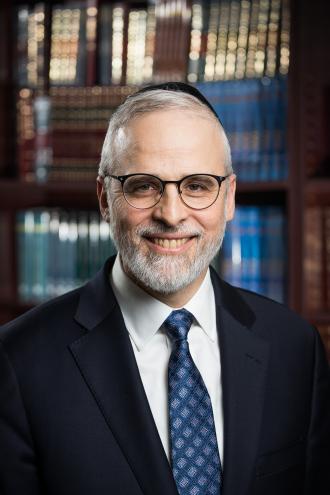Facility would ensure victims of terrorist attacks do not encounter perpetrators at same hospital, Public Security Minister Gilad Erdan tells Israel Hayom • Erdan says plan will help counter pressure on prisons to release inmates on medical grounds.
The Public Security Ministry and the Israel Prison Service announced a tentative plan on Wednesday to use part of the Ayalon Prison as a special hospital for terrorists, days after an Israeli border policewoman was admitted to the same trauma unit as the man who stabbed her. The plan, which is still being finalized, was proposed by Public Security Minister Gilad Erdan. Once implemented, the hospital facilities will include some 70 beds spread over three floors. Erdan told Israel Hayom that such a model exists in many countries and is preferable, from a security standpoint, to having prisoners admitted to hospitals outside of prison. He stressed that the care provided in the special facility would not be inferior to that in regular hospitals. "I was shocked that the Israel Prison Service has no means of treating an inmate who goes on a hunger strike or a terrorist [who is detained after an attack]," he said. "This creates a situation where a terrorist lies on a bed next to the person he wounded; this immoral situation does not make sense and must be addressed," Erdan lamented, noting that such facilities will help the authorities counter prisoners' efforts to receive early parole due to pressure imposed by "hunger strikers, the justice system and doctors who feel intimidated by the Israel Medical Association [which sets ethical guidelines for doctors and has voiced opposition to force-feeding prisoners]." Erdan said the staff at the planned prison hospital will know how to strike a balance between their ethical duties and the laws enacted by the Knesset, and ensure that "we avoid the surreal situation in which terrorists are let back on the street [on medical grounds] and become a threat to the public once again." The Israel Prison Service told Israel Hayom that having the necessary medical facilities to treat hunger-striking prisoners will help streamline operations. Under the current system, a prisoner on hunger strike must be treated at a hospital after 28 days, making it harder to watch over them since hospitals may not have the necessary window bars, security cameras or other measures in place. "This [system] poses a heavy burden because of the resources used to guard prisoners outside of prison," Maj. Gen. Asher Vaknin, a senior IPS official, told Israel Hayom. He said that treating inmates outside of prison often results in other people trying to contact them and influence them.















